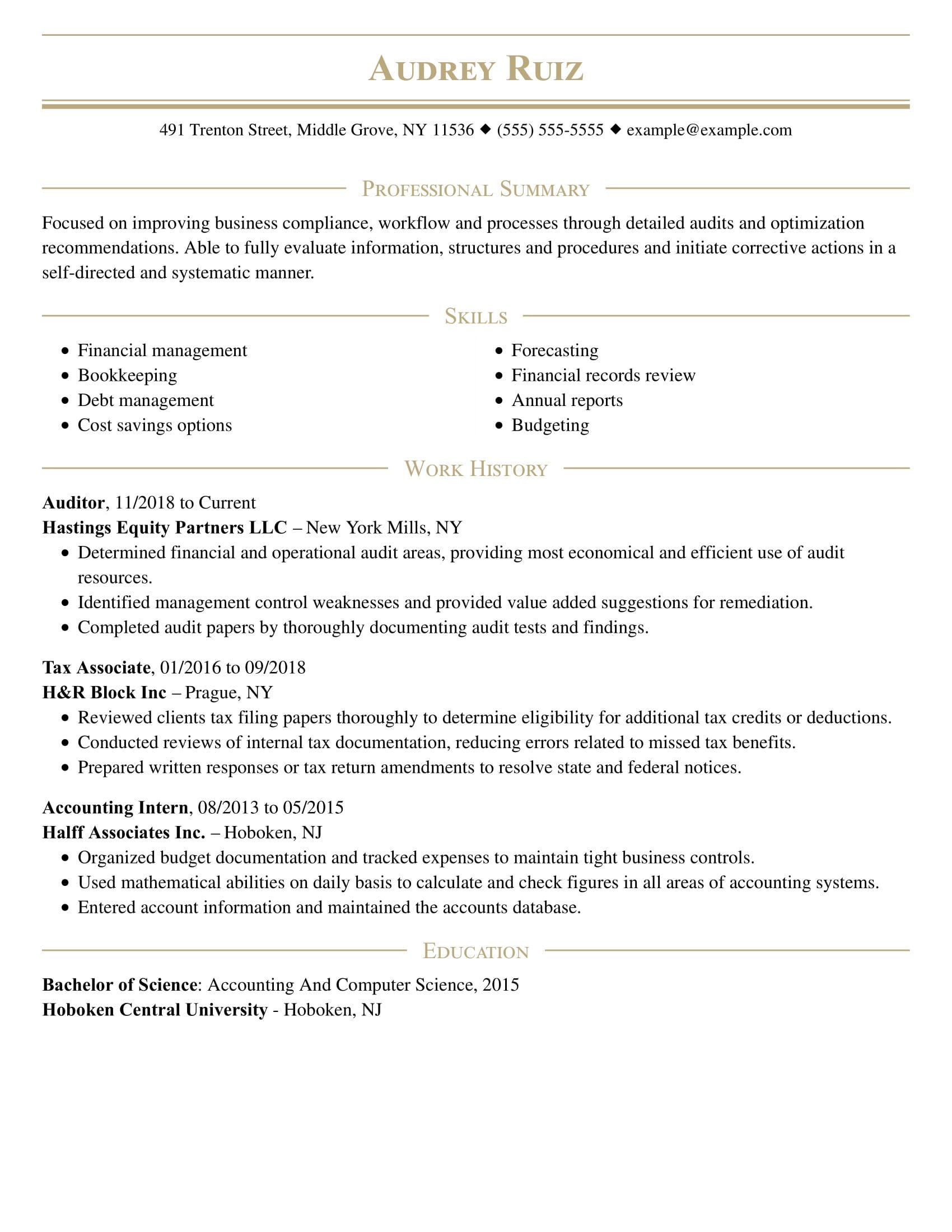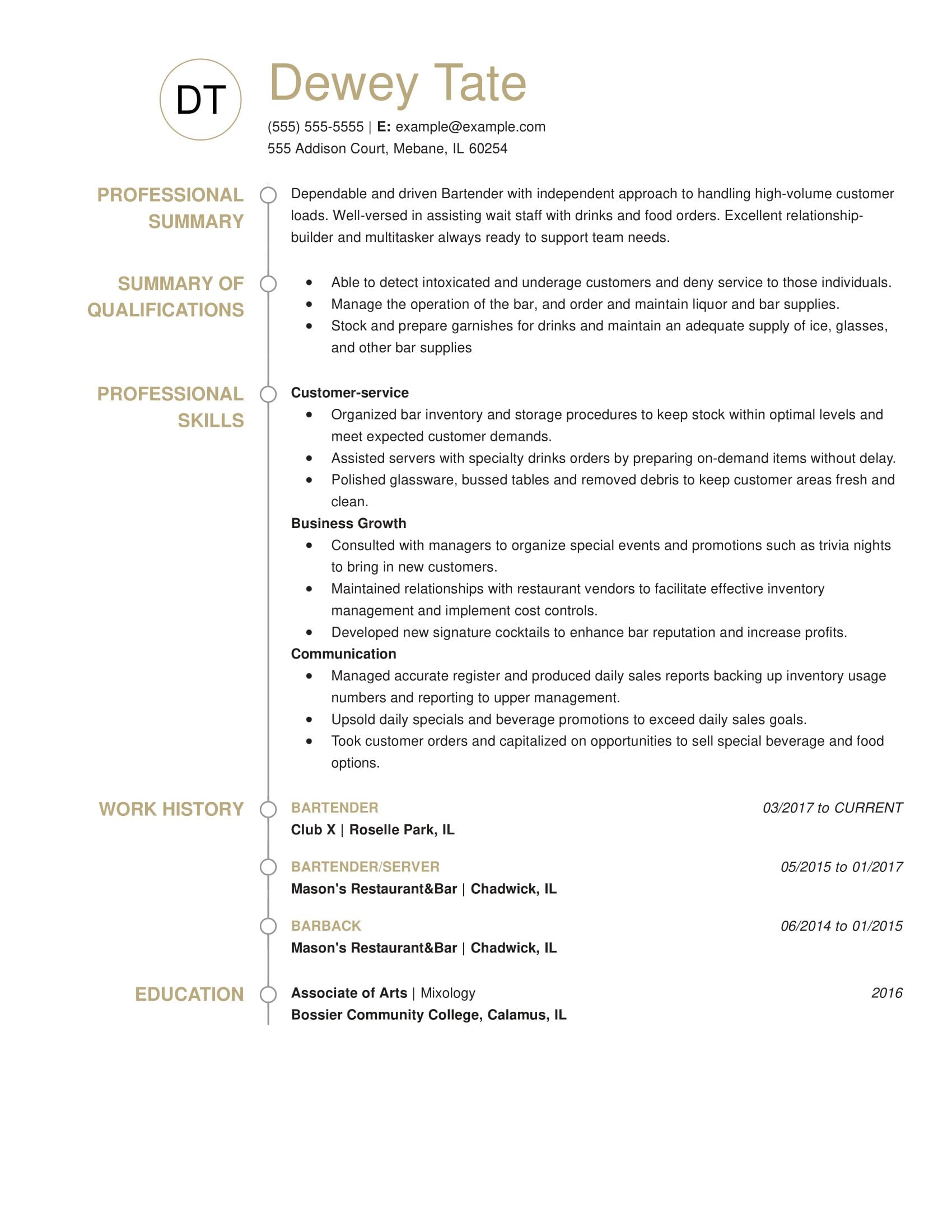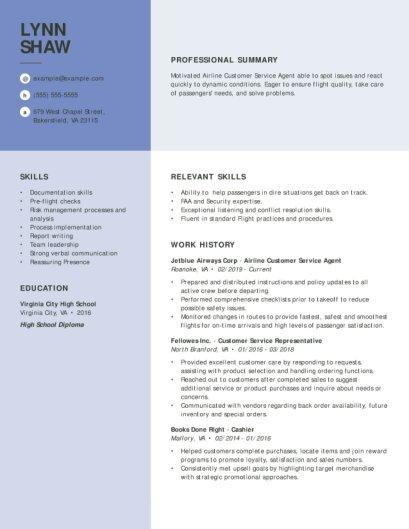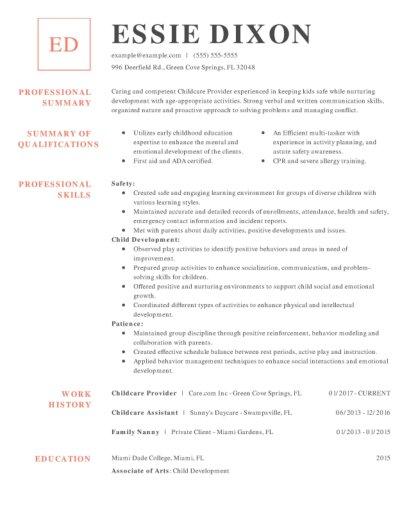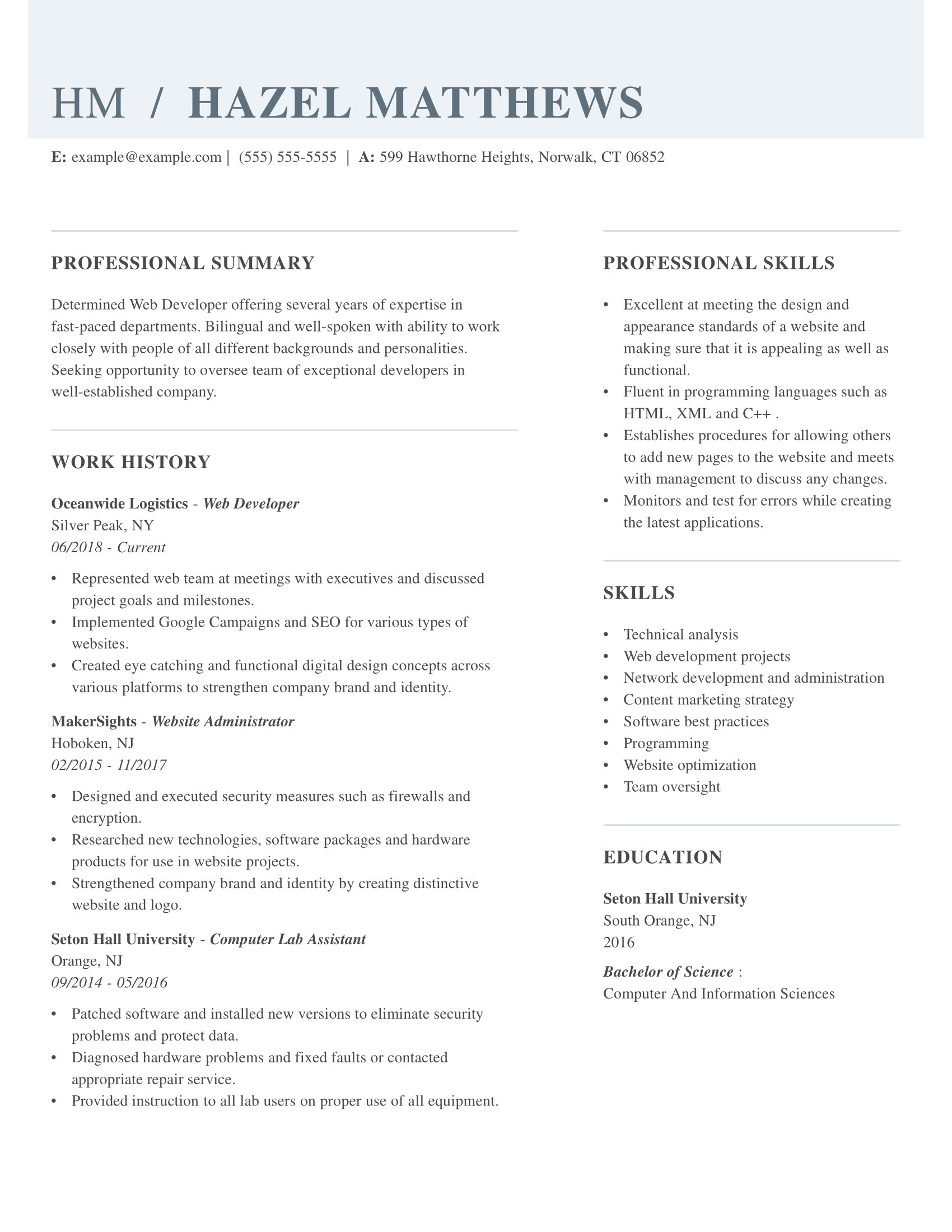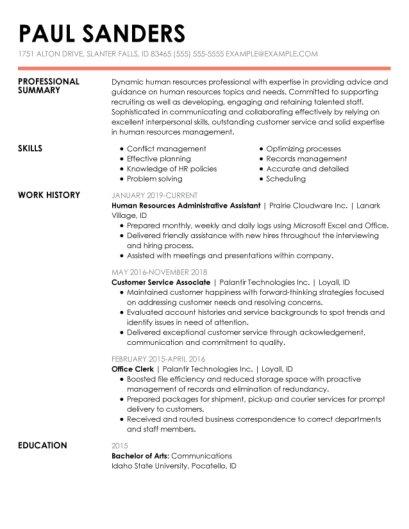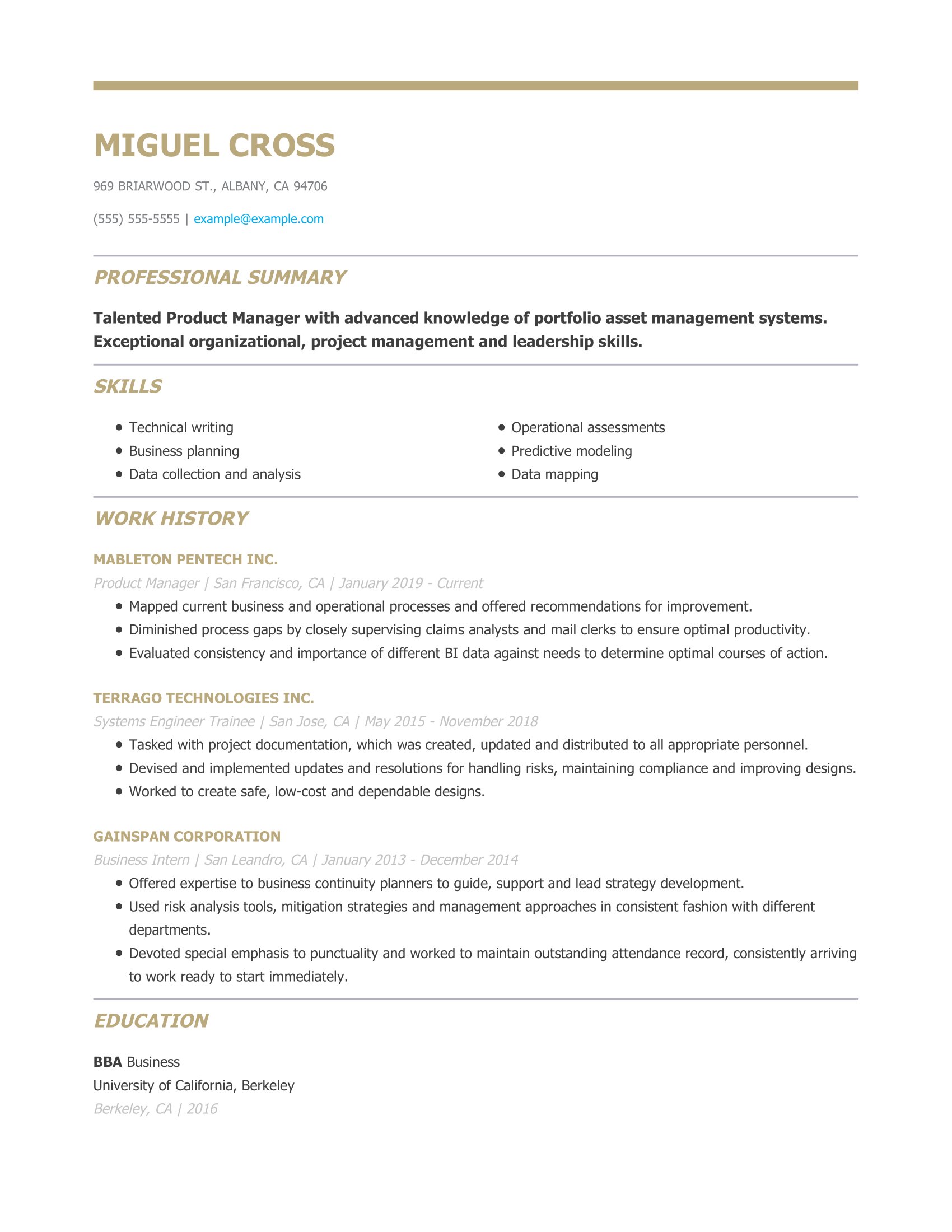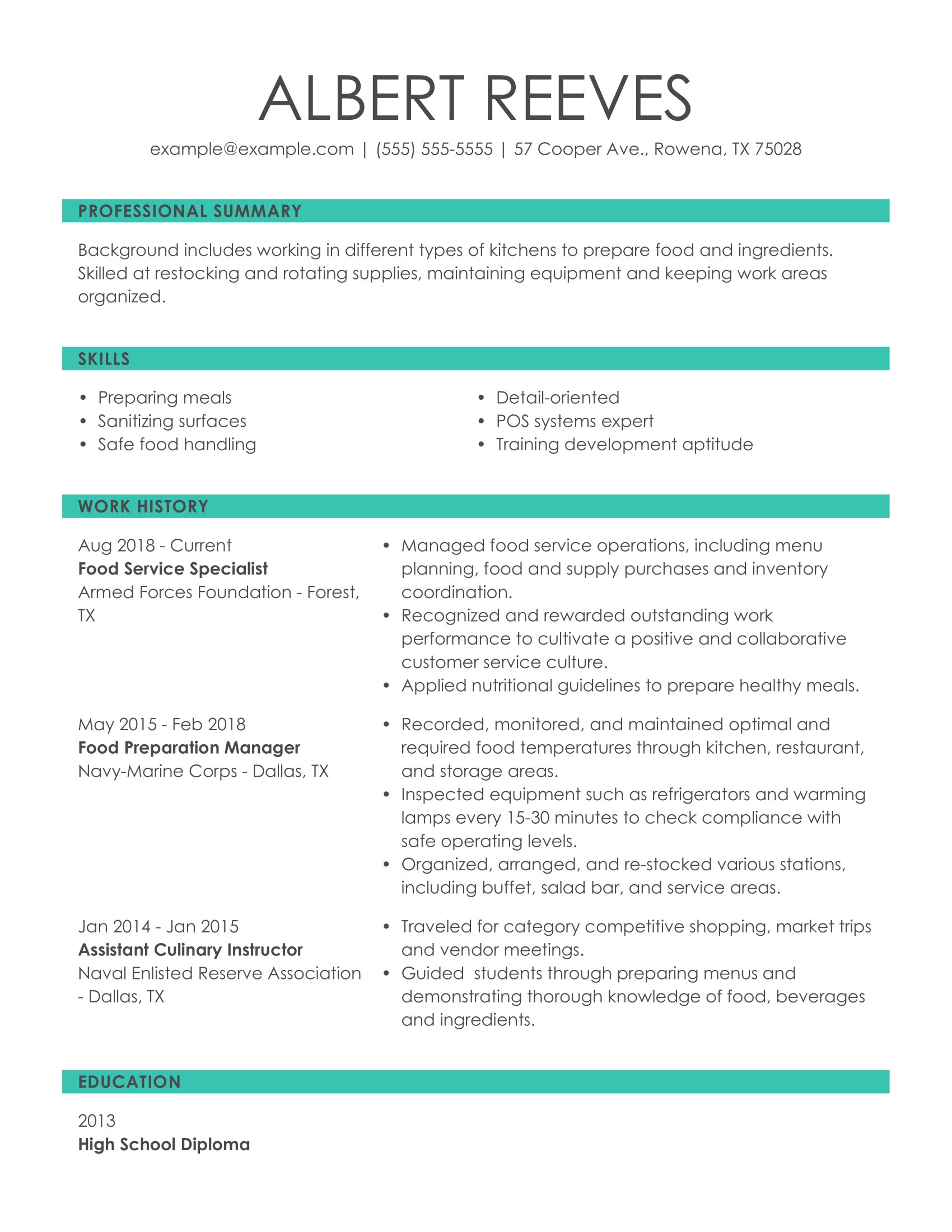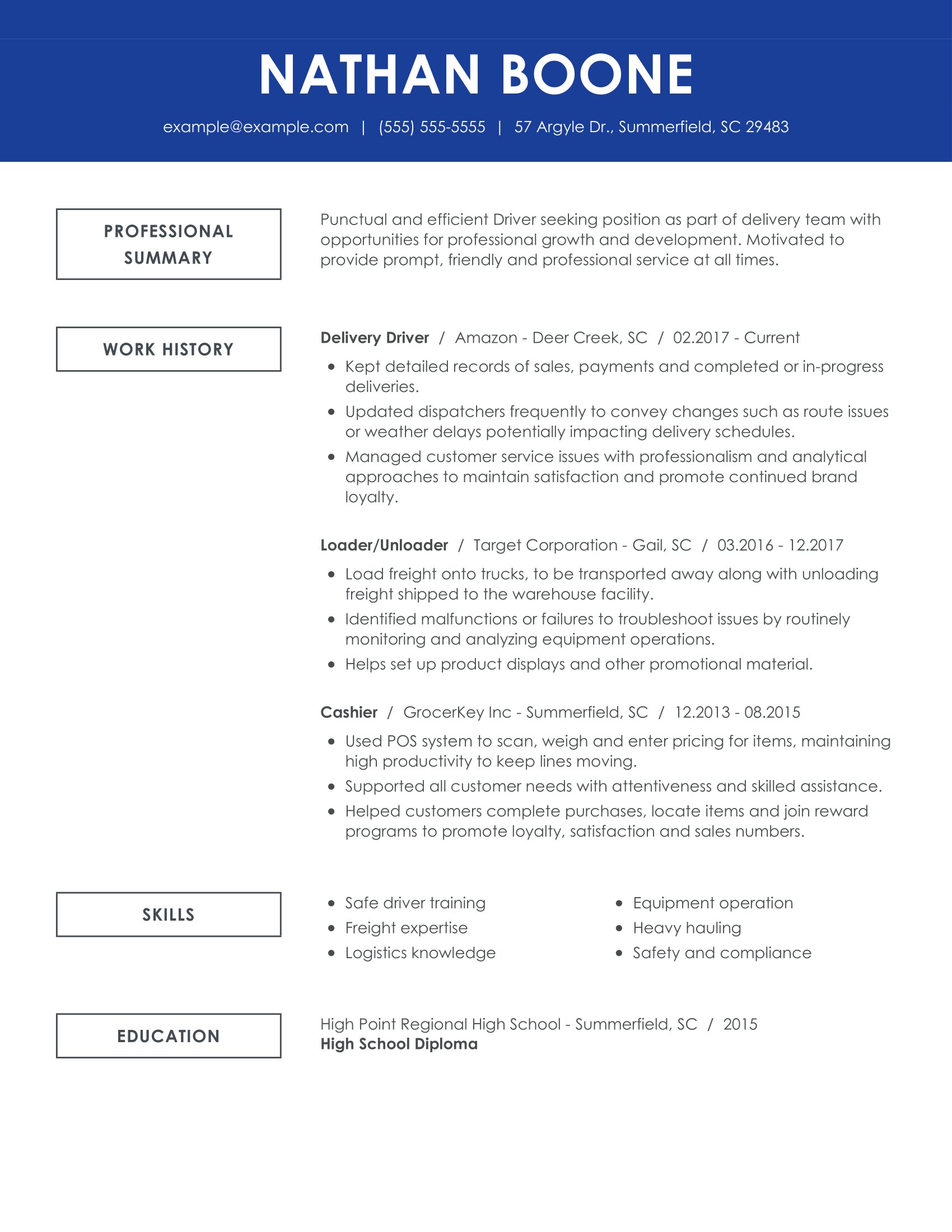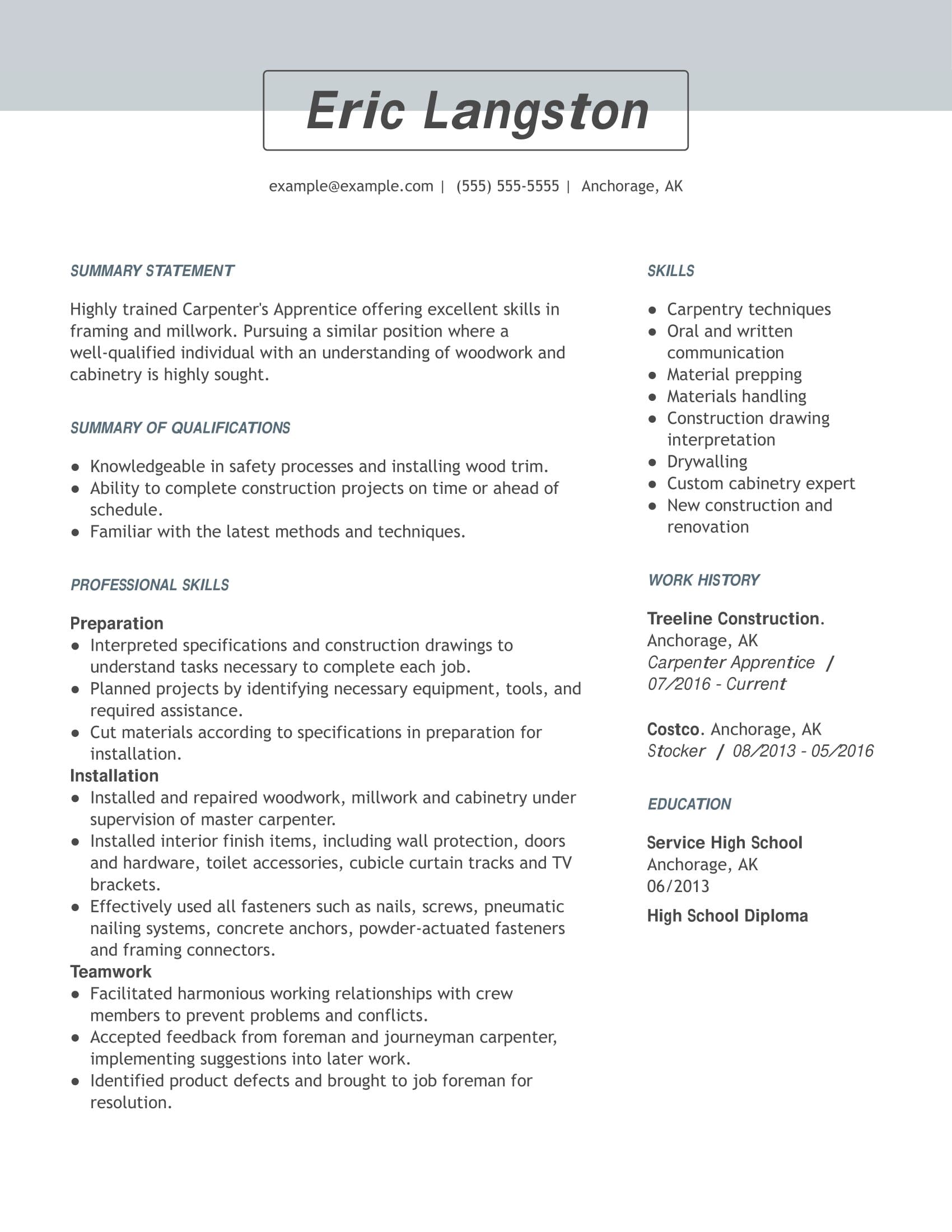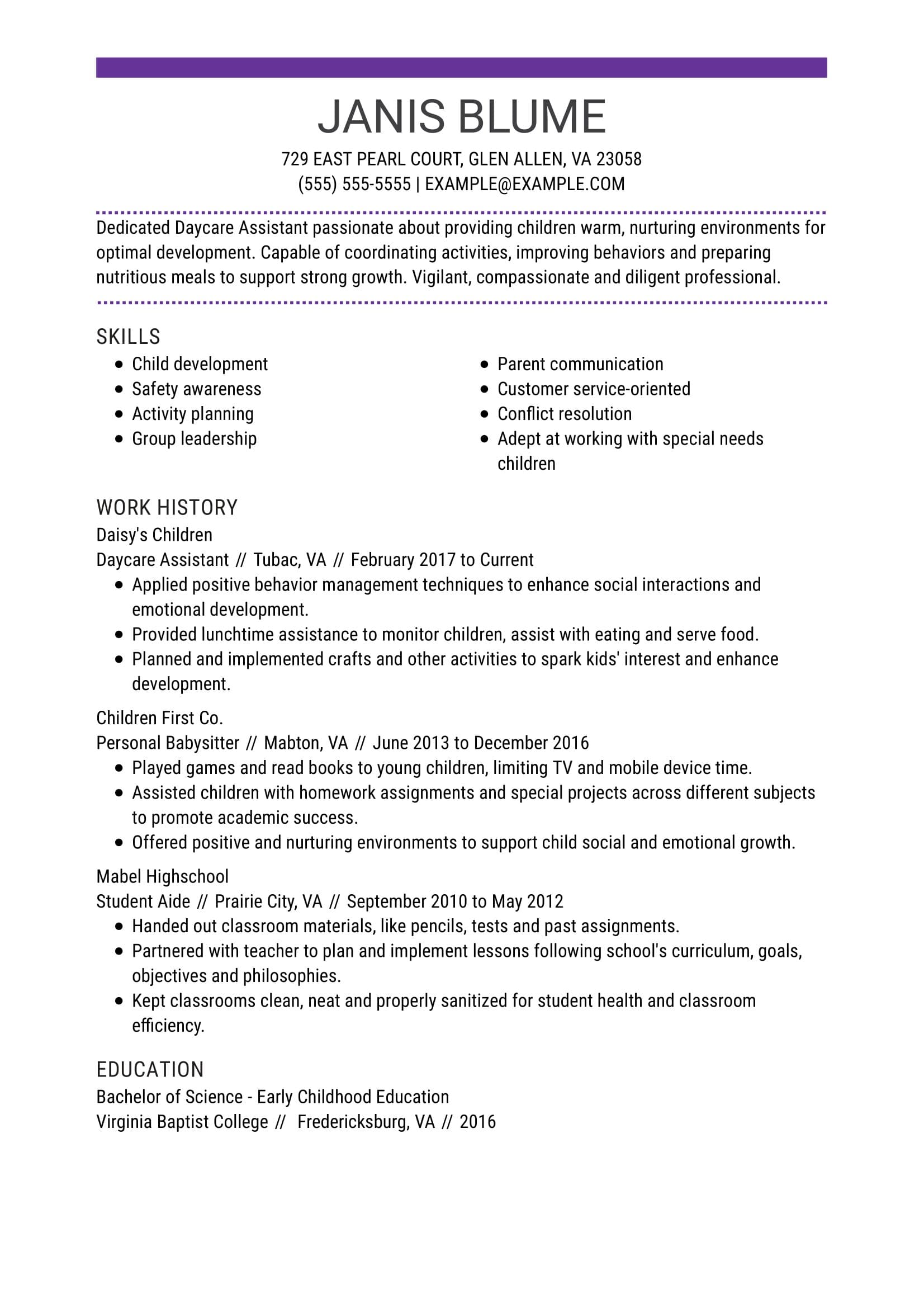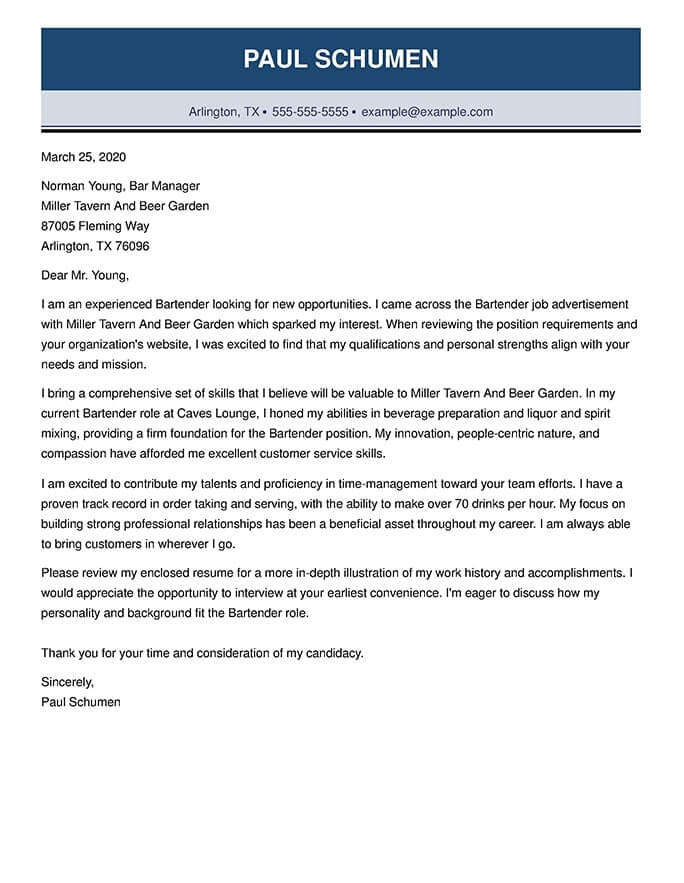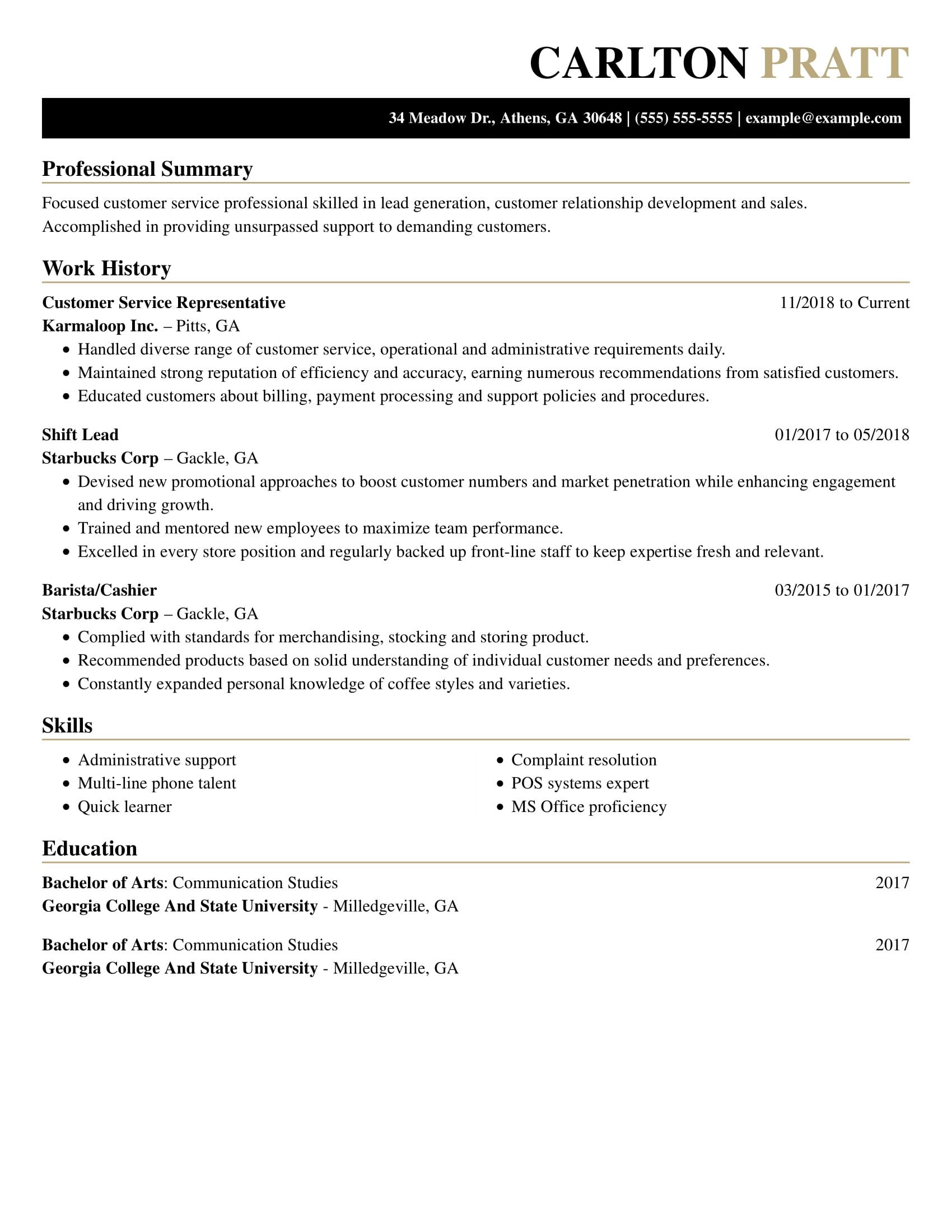What Are Soft Skills?
Soft skills are personal attributes and interpersonal abilities that enable successful interactions with others and that support the effective and efficient completion of tasks. Examples include the ability to communicate clearly, collaborate with team members, think critically about challenges, and manage your time appropriately.
Rather than being specific to a particular job or duty, soft skills are transferable between professions and are essential in many aspects of life.
In this article, you will find:
- An overview of why soft skills are so important.
- A list of top soft skills examples for your resume in 2023.
- Advice for effectively listing soft skills on your resume.
- Answers to popular questions about soft skills.
-
Acclaimed Resume Template
-
Original Resume Template
Soft Skills vs. Hard Skills
It’s easier to grasp what soft skills are when described in relation to hard skills, which are technical abilities like coding or graphic design. While the latter can be taught, measured, and assessed, soft skills are less tangible and not as easy to learn or quantify.
Hard skills determine your ability to perform specific job-related tasks in a vacuum; soft skills influence the way you navigate such tasks and how you collaborate with peers or lead teams to achieve success in complex, dynamic workplace contexts.
You can think of hard skills as the concrete tools of your trade and soft skills as “people skills” that are closely linked to the concept of emotional intelligence.
The Importance of Soft Skills
Hard skills might qualify you for a job, but it’s your soft skills that can set you apart from other candidates with similar experience and educational backgrounds. For instance, if two applicants for an accounting role are both champions at preparing financial statements and computing taxes, but only one is adept at communicating with colleagues and solving problems swiftly, the employer will almost certainly choose to hire the more well-rounded candidate.
Soft skills are also important because many of them are uniquely human and can’t be automated as easily as hard skills. Intelligent machines can be taught to analyze data and design websites, but skills like reasoning, critical thinking, decision-making, and empathy are still the domain of human beings.
So with increasing automation, soft skills are going to become more and more valuable in the workplace. In fact, a study by Deloitte Access Economics predicts that jobs that rely heavily on soft skills will make up 63% of all roles by 2030.
All of this underscores the importance of calling attention to your most notable soft skills on your resume. Potential employers will be looking for these skills so it’s essential to build a resume that displays them effectively.
10 Examples of Soft Skills for Your Resume
Wondering which soft skills to put on your resume? The job descriptions and specific requirements of the role should always guide you. That said, employers highly value the following list of soft skills because they make for productive, efficient team members who thrive in any context.
To write a resume that stands out, try to demonstrate that you possess at least some of these critical skills:
Creative thinking: The World Economic Forum pinpoints creative thinking as one of the top 10 skills of 2023 and beyond. Employees who think creatively are more likely to generate innovative solutions, drive originality, and create novel opportunities for businesses.
Leadership: In the increasingly complex world of work, there’s a growing need for skilled leaders who can guide individuals toward common goals and navigate uncertainties. Even if you’re not applying for a management role, prospective employers will still want to know that you have the skills to lead, inspire, and motivate others when required.
Problem-solving: Challenges arise frequently in every industry and profession. Employees with the skills to get past such problems and turn setbacks into opportunities are, therefore, especially valuable. Such individuals contribute greatly to innovation and efficiency in the workplace.
Flexibility/adaptability: Our world is evolving at a rapid pace, with new trends, challenges, and technologies emerging almost daily. Professionals who can quickly adapt to new circumstances, learn new skills, and embrace novel ways of working are better equipped to thrive and drive business growth in unpredictable environments.
Communication: Strong written and oral communication skills are critical for effective collaboration with diverse teams and relationship-building in both virtual and in-person settings. Individuals who can articulate their thoughts clearly, ask the right questions, listen actively, and adapt their communication style for different audiences are well-positioned to succeed in professional interactions.
Time management: People who can efficiently prioritize, organize, and allocate their time are more likely to meet deadlines, achieve goals, and optimize productivity. This is especially important now considering the fast-paced nature of work and life in modern times and the constant demands and distractions we’re faced with.
Teamwork: Being a team player is an invaluable skill in a time when very few jobs operate in a silo. These days, projects often require diverse expertise and perspectives. So hiring managers look for people who are great at cooperating harmoniously with others, motivating different personalities, promoting inclusiveness, and resolving conflicts when they arise.
Empathy: The ability to understand and relate to the feelings and perspectives of others contributes to stronger collaboration, improved communication, more positive relationships with colleagues and clients, and a supportive work environment. All of these factors in turn boost engagement and productivity, making empathy a critical tool in modern workplaces, especially with diversity and inclusion being a priority.
Critical thinking: The ability to analyze complex situations and make sound judgments is critical for professional success. With an overload of information and plenty of fake news, businesses need employees with the skills to identify reliable sources, separate fact from opinion, objectively evaluate issues and make informed decisions.
Attention to detail: A detail-oriented approach demonstrates a commitment to excellence, accuracy, and reliability in an increasingly competitive world. In many professions, even minor oversights can have big consequences, so employers appreciate professionals who can spot errors, pick out nuances, and ensure quality.
How to List Soft Skills on Your Resume (+ Examples)
Your resume skills section is the most obvious place to highlight your soft skills. But there are at least two other parts of your resume that you can leverage to show off your intra- and interpersonal abilities. These are your summary statement and work history section.
We cover how to showcase job-relevant soft skills in all three of these resume sections below.
1. Skills Section
Your resume skills section should serve as a simple, easy-to-scan overview of your most notable skills. It should comprise a bullet point list featuring six to eight key competencies.
While hard skills might dominate this section, it’s important to highlight at least one or two soft skills to show you’re a well-rounded candidate.
If the role relies heavily on soft skills, you might want to split this section into two subsections: one for hard or technical skills and one for soft skills.
Take inspiration from the following example of a resume skills section for a content manager:
SKILLS
- Strategic content planning
- Editing and proofreading
- Search engine optimization (SEO)
- WordPress
- Adobe Creative Suite
- Web analytics
- Creative thinking
- Attention to detail
2. Summary Statement
Every resume should open with a strong professional summary or objective statement – a succinct, three-to-four-sentence paragraph that acts like a personal sales pitch, summarizing your key skills, experience, and accomplishments.
The summary is ideal for professionals with some work experience and highlights what you can bring to the role. An objective statement also touches on what you can offer, but also outlines your professional goals and the type of position you’re seeking – it’s less commonly used nowadays and is better for candidates who lack experience or specific qualifications.
Either way, this paragraph is a great opportunity to weave in a mention of your most relevant soft skills (alongside your hard skills). Even better if you can link these skills to the employer’s specific needs and show how you can use them to benefit the company.
Below you’ll find an example of a professional summary for an administrative assistant who does a good job of advertising soft skills like attention to detail, organization, problem-solving, leadership, and multitasking.
Professional Summary
“Detail-oriented administrative assistant with over six years of experience meeting exceptional organization standards. Adept at anticipating the team’s professional needs and proactively identifying and resolving problems to ensure smooth operations. Proficient in bookkeeping, with a background in accounting practices. Excellent staff management and multitasking skills.”
3. Work History
Your work experience section is meant to be more than just a list of job titles, company names, and dates. Below each role, you have the space to include several bullet points that detail how you used key skills to benefit the business and excel in your role.
In other words, try to highlight impressive past accomplishments tied to specific skills (both hard and soft). This helps to prove that you genuinely possess these attributes. If possible, quantify your achievements with data, numbers, and percentages so that the impact of your contributions is clear. Remember also to use dynamic action verbs to make your resume stand out.
Consider the following examples of work history bullet points for three different soft skills:
Time management
- Delivered a comprehensive market analysis report two weeks ahead of schedule, enabling the team to make strategic decisions promptly.
- Orchestrated a complex international product launch, coordinating production, marketing, and distribution efforts to meet the launch date.
- Consistently resolved over 50 customer inquiries daily while maintaining a response time of under 1 hour.
Leadership
- Mentored and coached 12 junior staff members, facilitating a 25% reduction in employee turnover through improved job satisfaction.
- Led a cross-functional team of 15 members, achieving a 15% boost in project output and receiving “Team of the Quarter” recognition.
- Spearheaded a team restructuring effort that resulted in an 18% increase in departmental efficiency within six months.
Problem-solving
- Resolved a critical production issue by identifying the root cause within three hours, leading to a 30% reduction in defect rates and saving $24,000 in potential rework costs.
- Devised a troubleshooting protocol that cut system downtime by 30% to ensure smoother operations.
- Implemented a cost-effective vendor change, resolving quality issues while maintaining production timelines.
Key Takeaways
- Soft skills are non-technical character traits and interpersonal abilities that promote productivity and positive interactions at work.
- While hard skills are job-specific and measurable, soft skills are transferable between occupations and more difficult to quantify.
- Employers highly value soft skills in an age when many hard skills are being automated.
- Creative thinking, flexibility, leadership, and attention to detail are a few of the top soft skills to list on your resume in 2023.
- Including measurable achievements under work experience is a good way to prove that you have certain skills.
Use an online resume builder to get job-relevant skill suggestions for your resume.
Soft Skills FAQ
Hard skills are specific, tangible abilities that are usually required for technical or specialized tasks. They are typically acquired through education or training and can be easily tested, measured, and quantified. In contrast, soft skills are non-technical personal attributes and interpersonal skills that are useful in various situations. They are often harder to assess and quantify, but they play an important role in how professionals interact and work with others.
While hard skills might secure you a job, soft skills are often what help you thrive and advance in your career.
Examples of hard skills include the ability to edit videos, operate a forklift, and speak a foreign language – all teachable, measurable abilities that can easily be demonstrated. Soft skill examples include active listening, logical reasoning, and collaboration – qualities that are much more subjective and difficult to quantify.
You should always use the job description as a guide when choosing skills to highlight. The best soft skills list for your resume will always include those that appear prominently within the job ad.
Look for phrases like “detail-oriented specialist”, “team player”, “effective communicator” and “natural leader” to identify which soft skills the employer is looking for, and then incorporate these keywords into your document.
Where possible, use the same phrasing as the job posting to ensure that your resume isn’t filtered out by applicant tracking systems (ATS) scanning for relevant keywords.
Employers in different industries and companies will value slightly different soft skills. That said, research shows that some of the most in-demand soft skills across jobs are:
Creative thinking
Mental flexibility
Dependability
Empathy
Leadership
Critical thinking
Communication
Collaboration
Self-motivation
Resilience
While soft skills aren’t as easy to learn as hard skills, it is possible to hone them over time. Training workshops, online courses, books, and videos can help you build certain soft skills like time management or leadership by equipping you with practical tips and tricks to implement. You could also turn to a coach or mentor who can model certain skills and offer guidance on how to sharpen them.
Mastering soft skills requires a lot of practice, so it’s important to immerse yourself in activities that allow you to apply certain skills like teamwork or active listening. The journey to strengthening traits such as empathy and critical thinking also relies on constant self-assessment, reflection, and reevaluation.
Soft skills and emotional intelligence are related concepts, but they are not exactly the same. Emotional intelligence is one important component of soft skills that focuses on understanding and managing emotions effectively in yourself and others. However, the soft skills category encompasses a much wider range of interpersonal, communication, and personal attributes.
Citations
- Deloitte Access Economics, “Soft Skills for Business Success,” May 2017.
- Iryna Chorna, “Hard and Soft Skills Needed for the Future Jobs: An Overview,” HRForecast, Jan 2022.
- Marco Dondi, Julia Klier, Frédéric Panier, and Jörg Schubert, “Defining the Skills Citizens Will Need in the Future World of Work,” McKinsey & Company, Jun 2021.
- World Economic Forum, “Future of Jobs 2023: These Are The Most In-Demand Skills Now - And Beyond,” May 2023.






